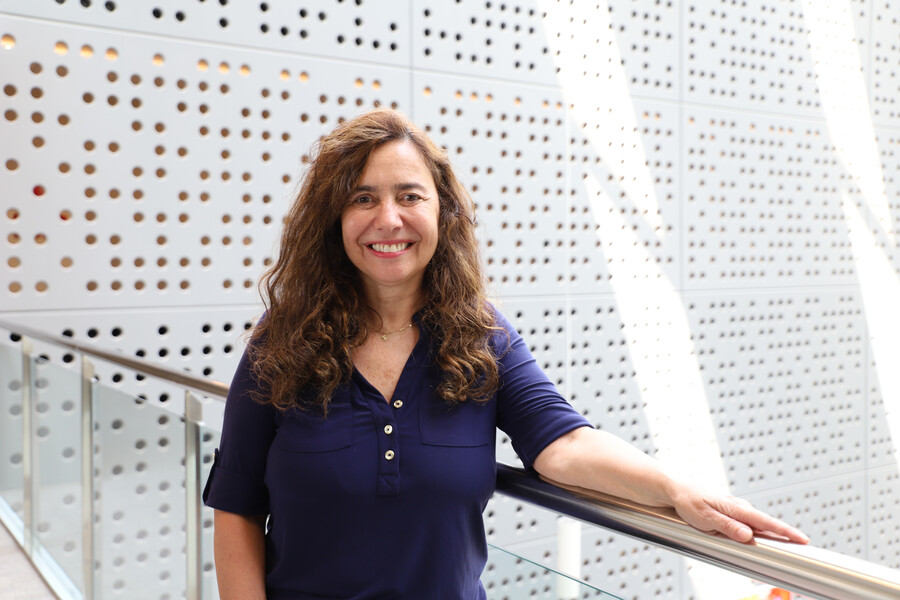Core Facility Leader

Core Facility Leader

Our centre is a dedicated hub that helps turn scientific discoveries into new treatments for patients. We bring together researchers, clinicians, and industry partners to test promising ideas with the highest level of rigour and objectivity.
Many breakthroughs in the laboratory never reach patients because they cannot be tested at the scale or with the reliability required for clinical use. We exist to close that gap. Using advanced technologies and strict quality standards, our team provides trustworthy data from both laboratory and pre-clinical studies.
By working in close partnership with academic scientists, physicians, and pharmaceutical companies, we accelerate the development of new drugs, drug combinations, and immunotherapies. Our ultimate goal is to move innovative treatments forward more quickly and safely improving outcomes for people with blood cancers and beyond.
The PATH2CURE hub embodies the translational pipeline required to transform discovery into therapy. The name reflects our mission to provide a rigorous, GLP-like pre-clinical framework that ensures unbiased, reproducible in vitro, ex vivo, and in vivo data. By operating with the standards of a contract research organization within the academic and clinical ecosystem, PATH2CURE generates datasets of sufficient quality to support regulatory decisions and de-risk clinical trial design. In doing so, it defines a reliable path from mechanistic insight to therapeutic intervention.
Our objectives are:
Design preclinical anti-tumour therapeutic efficacy studies/experiments with supervision from the facility head and in partnership with IJC scientists.
Blinded, unbiased statistical analysis with publication-ready datasets and figures.
Support experience in writing grants, IACUC approval requests and patent applications.
1- Screening of new drugs and sample studies from murine and human tumours:
Toxicity and proliferation inhibition assays (new single agent or drug combination).
Live-cell metabolic assays
Phenotypic analyses and MoA determination (Flow cytometry, Western blot, qPCR)
2- In vitro/ex vivo models:
Monoculture and complex co-cultures (cell lines and primary samples)
3D organotypic spheroids, patient-derived organoids
3- In ovo (immunocompetent) models: CAM-CDX/PDX
Acute toxicity
Antitumor, antiangiogenic and antimetastatic activities
Immunophenotypic analyses (IHC, IF, FCM)
1- Therapeutic efficacy studies in different models:
Engineered mouse models (GEMMs)
Syngeneic and orthotopic tumour
Patient-derived xenograft (PDX)
Humanized immune system (HIS) (From Taconic)
2- PDX studies in immunocompromised and humanized mice for precision medicine research.
3- Humanized mouse models for testing immune-oncology approaches such as checkpoint inhibitors, bispecific antibodies and CAR-T therapies.
4- Transplantation of BM cells from transgenic mice to previously irradiated mice for the purpose of establishing models for diverse studies such as germinal centre in lymphoma.
5- Orthotopic implantation (sc, iv,intrasplenic, retro-orbital, etc)
6- Treatment of xenograft mice with the aim of discovering potent new therapy targets, hormony therapy, etc…
7- Surgical capabilities, including, tumour resections, and metastasis models.
8- GLP-like pharmacokinetic (PK) and toxicity studies, including ADME and Histopathology, to support IND applications.
9- Advanced Imaging (IVIS-bioluminescence, MRI, PET, ultrasound, Near-InfraRed (Licor) detector) for non-invasive tumour monitoring.
10- Animal care (nutrition and pain management, among others)


